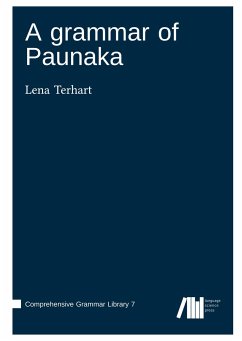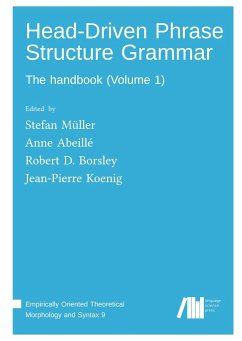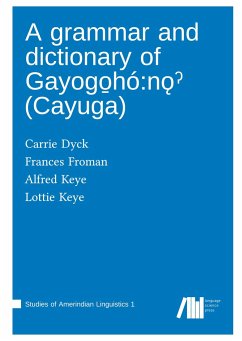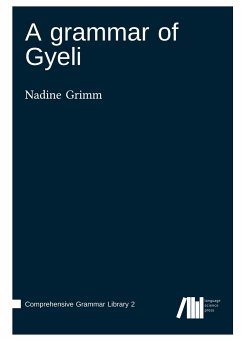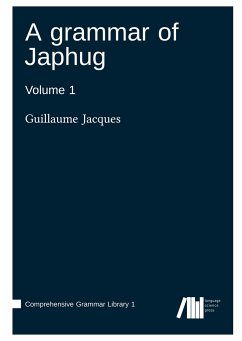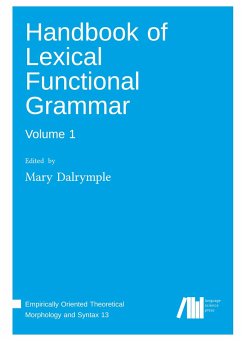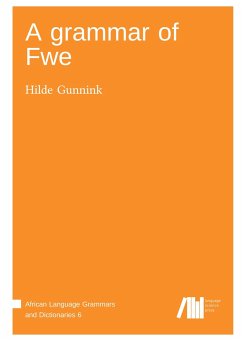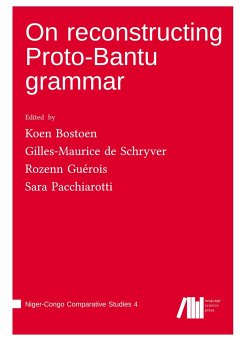This book offers the first detailed grammatical description of Paunaka, an Arawakan language spoken (in 2023) by eight people in the Chiquitania region in the lowlands of Eastern Bolivia. The grammar builds on material collected during several fieldwork trips between 2009 and 2020 by the team of the Paunaka Documentation Project, which was funded by the ELDP from 2011¿2013. This material includes roughly 120 hours of audio and video recordings, which have been archived at ELAR. In 2022, the dissertation on which this book is based received the annual Research Award at the Europa-Universität Flensburg. The grammar provides a description of the phonology, morphology, and syntax of Paunaka, including numerous comparative remarks to closely related languages. It includes over 1500 examples, most of them accompanied by a brief description of their original linguistic or extralinguistic context.
Hinweis: Dieser Artikel kann nur an eine deutsche Lieferadresse ausgeliefert werden.
Hinweis: Dieser Artikel kann nur an eine deutsche Lieferadresse ausgeliefert werden.

